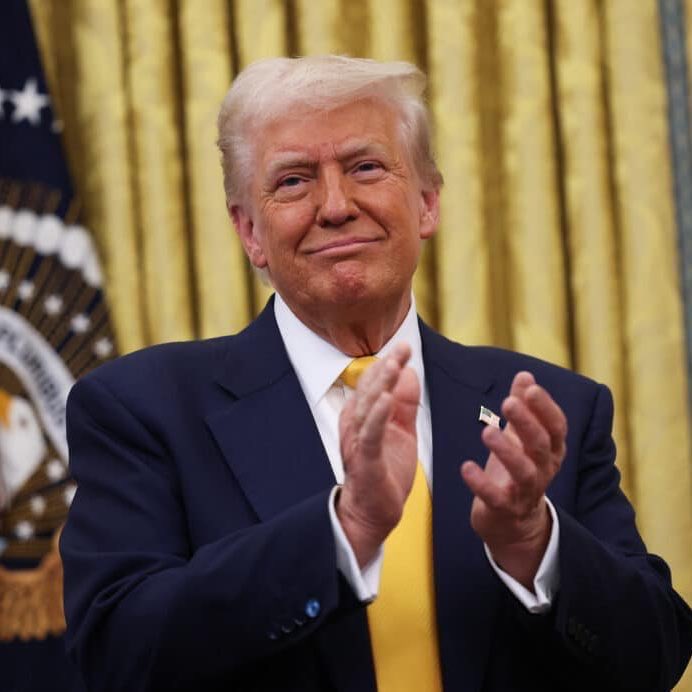Speaker Mike Johnson Announces Next Steps Following End of Schumer Shutdown
In a recent statement, Speaker of the House Mike Johnson addressed the conclusion of the government shutdown that had been initiated by Senate Democrats. Johnson expressed relief that bipartisan efforts have finally emerged to resolve the impasse, stating, "Some Senate Democrats FINALLY have stepped forward to end the pain! It appears to us this morning that our long national nightmare is finally coming to an end, and we're grateful for that."
The shutdown, which had significant implications for federal operations and services, prompted widespread concern among lawmakers and citizens alike. With the government now reopened, Speaker Johnson outlined the next steps for Congress as they move forward from this period of uncertainty.
Johnson emphasized the importance of collaboration between both parties to ensure that such disruptions do not occur in the future. He indicated that the House will prioritize discussions on budgetary reforms and fiscal responsibility to prevent similar situations from arising. "We must work together to establish a framework that promotes stability and accountability in our government," he said.
As part of the next steps, Johnson plans to convene meetings with key stakeholders from both parties to discuss long-term solutions to budgetary challenges. He underscored the necessity of addressing the underlying issues that led to the shutdown, including disagreements over spending priorities and fiscal policies.
While the immediate crisis has been averted, the Speaker acknowledged that the road ahead will require diligent work and compromise. "We have a responsibility to the American people to ensure that their government functions effectively and efficiently," Johnson stated.
As Congress resumes its regular activities, the focus will shift to crafting a budget that reflects the needs and priorities of the nation while fostering a spirit of cooperation among lawmakers. The Speaker's commitment to bipartisan dialogue signals a potential shift in the legislative landscape as both parties seek to restore public confidence in government operations.


